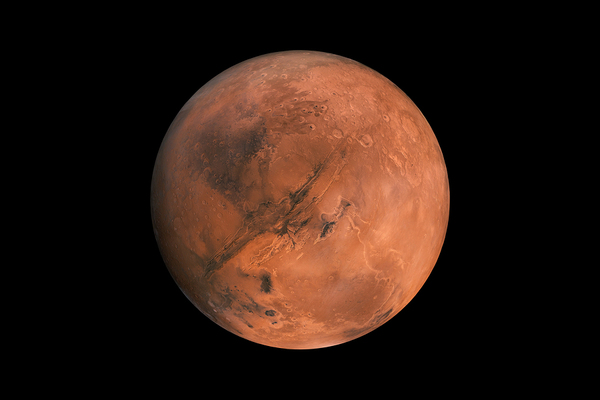In mid-July, the nation celebrated the 50th anniversary of the 1969 moon landing. Exploration by machines has been pushed as far as Mars. Will ordinary human beings ever ride the rockets that power space exploration?
Space Tourism Is Gearing Up
Well, it looks as if they will have the chance to at least ride some rockets if business leadership among space tourism companies has its way. Virgin Galactic, a company owned by British mogul Richard Branson, announced in technology news this July that it planned a merger with a company called Social Capital Hedosophia (SCH), with the goal of becoming the first space travel company to be publicly traded. Not only that, but Branson outlined plans to fly people in space in 12 months’ time.
Virgin Galactic and SCH have plenty of competition. Elon Musk’s SpaceX has an ambitious plan to go to Mars, to build a city in the next decade, and actually colonize Mars in the 2030s. SpaceX is responsible for cargo shipments to the International Space Station. Even Amazon’s Jeff Bezos has a space travel company, Blue Origin. Blue Origin’s goal is the moon, which it plans to reach by 2024. Before that, it is planning a crewed space mission.
Virgin Galactic though, may be the first to hit the wild outer yonder with tourists. The company saw two manned launches of spacecraft this year, both successful. According to a company press release, the spaceship it uses, VSS Unity, is not only the first commercial ship to fly people to space, but it is also so far the only.
It appears that people are persuaded. Virgin Galactic indicates it has a list of 600 people who would like to travel in space, who have given deposits worth $80 million total.

Colonization in the 2030s?
But Is It Ready To Go?
Space tourism is exciting, but are the rockets really ready to go?
They are, to some degree. Virgin Galactic and Blue Origin are virtually tied in the space tourism race, according to scientists interviewed on a podcast from the University of Pennsylvania’s Wharton School. (The companies have different mechanisms for the travel.)
Impressively, the company has received a license for commercial space launch from the U.S. Federal Aviation Administration (FAA) and they also have a Spaceport for launch in New Mexico. The FAA is an important safety watchdog, as it can put the kibosh on unsafe designs and practices.
Guests on the podcast likened space tourism to the nascent aircraft industry. Commercial aviation was hampered by several back-to-back crashes when commercial flights began in the 1950s.
Importantly, the market for space tourism is neither as deep nor as broad as the market for commercial airline flights. Tourists have also made up a large part of the market, but business travelers are an important part of the business mix. Will business travelers working on the space station or colonizing Mars be the business travelers of the future? Or will intrepid tourists be gazing at the moon and Mars?
